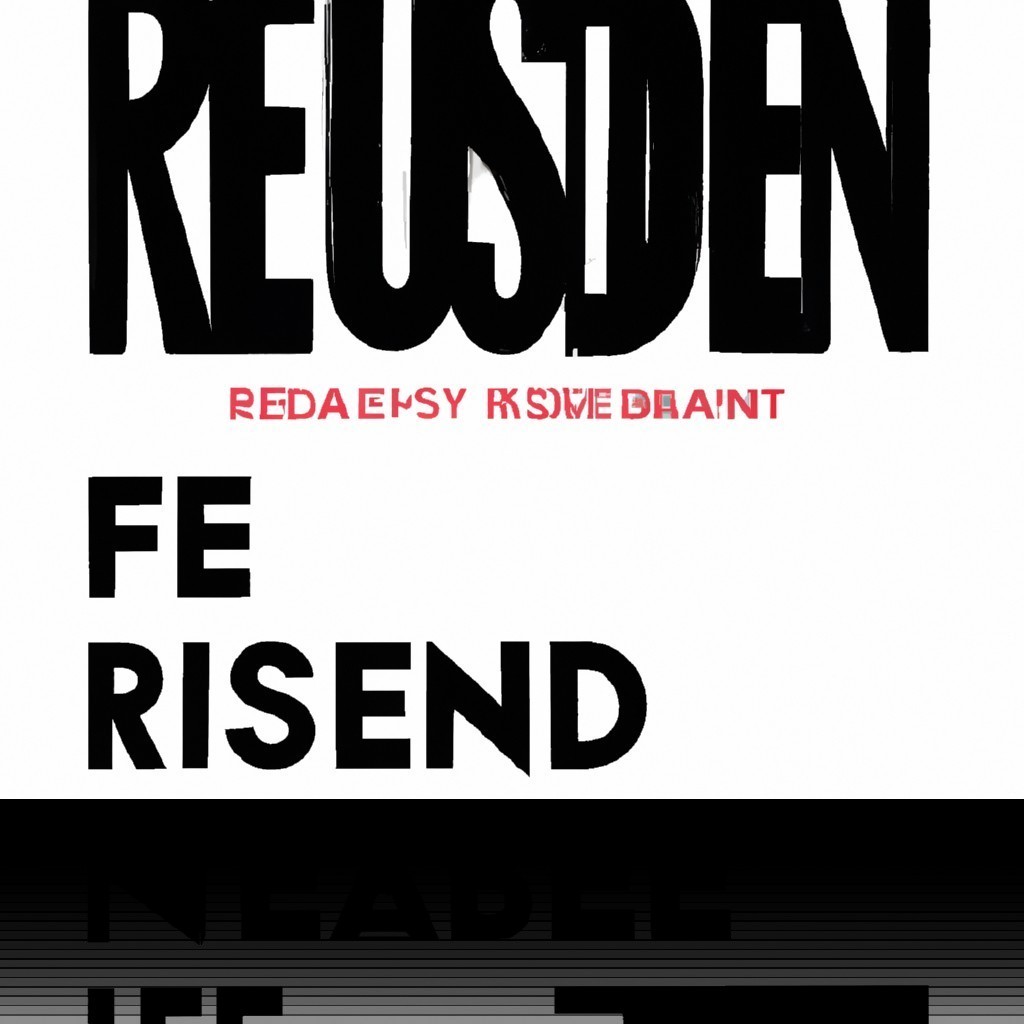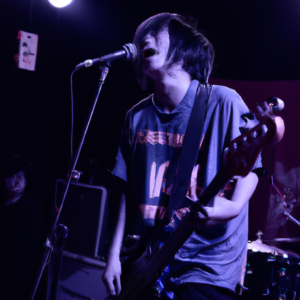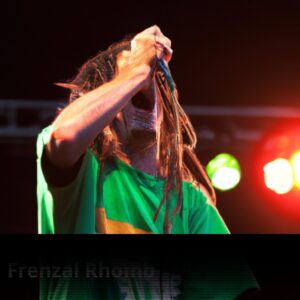Formation & Members
Refused, a seminal band within the punk and hardcore scenes, was formed in 1991 in Umeå, Sweden. The band’s original lineup consisted of Dennis Lyxzén on vocals, David Sandström on drums, Pär Hansson on guitar, and Jonas Lindgren on bass. As they progressed, the lineup saw some changes, most notably with Kristofer Steen replacing Hansson on guitar and Jon Brännström joining as a second guitarist. This configuration would eventually become the most recognized lineup of the band.
The members of Refused were deeply rooted in the hardcore punk ethos, which emphasized a do-it-yourself (DIY) approach, political awareness, and a commitment to radical change. The band emerged from a vibrant local scene that was heavily influenced by the burgeoning straight edge movement, which advocated for a lifestyle free of alcohol and drugs. This commitment to personal and societal betterment was a significant driving force behind their music and message.
Musical Style & Characteristics
Refused is celebrated for their innovative approach to punk and hardcore music, blending traditional elements with experimental sounds. Their music is characterized by aggressive and fast-paced instrumentation, but it also incorporates unconventional time signatures and structures, borrowing elements from jazz and electronic music. This willingness to experiment set them apart from many of their contemporaries.
Vocally, Dennis Lyxzén’s delivery is intense and passionate, often conveying messages of political dissent and personal liberation. The band’s lyrics delve into themes such as anti-capitalism, anarchism, and social justice, making their music not only a sonic experience but also a call to action. The combination of their aggressive sound and profound lyrical content created a powerful and enduring impact on listeners and musicians alike.
Key Works & Discography
Refused’s discography, although not extensive, is highly influential. Their first album, “This Just Might Be… the Truth” (1994), was a raw and straightforward hardcore punk record that laid the groundwork for their future evolution. Their second album, “Songs to Fan the Flames of Discontent” (1996), showcased a more refined sound with complex song structures and a more pronounced political edge.
However, it was their third album, “The Shape of Punk to Come” (1998), that cemented their legacy. This album is often hailed as a masterpiece, blending hardcore punk with a wide array of genres, including electronic music, jazz, and post-hardcore. Tracks like “New Noise” and “The Deadly Rhythm” exemplified their innovative approach and have become anthems within the punk community. The album’s experimental nature and its critical examination of the music industry and consumer culture resonated deeply with fans and critics alike.
Influence on Other Bands/Scenes
Refused’s impact on the punk and hardcore scenes is profound. Their willingness to push the boundaries of the genre inspired countless bands to explore new sonic territories. Many post-hardcore and experimental punk bands cite Refused as a pivotal influence, including acts like Thursday, At the Drive-In, and even mainstream bands like The Dillinger Escape Plan.
Beyond their immediate musical influence, Refused also played a crucial role in shaping the ethos of the punk scene. Their commitment to political and social issues encouraged a generation of musicians to incorporate similar themes into their work. The band’s refusal to conform to industry standards and their dedication to authenticity have become a benchmark for many aspiring artists.
Breakups or Reunions
Despite their groundbreaking work, Refused disbanded shortly after the release of “The Shape of Punk to Come” in 1998. The breakup was attributed to internal conflicts and the pressures of staying true to their ideals in an increasingly commercialized music industry. Their farewell note famously declared, “Refused Are Fucking Dead,” a statement that underscored their frustration and exhaustion.
However, in 2012, Refused surprised fans with a reunion tour, reigniting interest in their music and message. This reunion was initially intended to be temporary, but the response was overwhelmingly positive, leading to the release of a new album, “Freedom,” in 2015. This record marked a new chapter for the band, showcasing their evolution while staying true to their core principles.
Current Reputation & Legacy
Today, Refused is regarded as one of the most influential bands in the punk and hardcore genres. Their work continues to resonate with new generations, and “The Shape of Punk to Come” is frequently cited as a seminal album in the evolution of punk music. The band’s willingness to challenge conventions and their commitment to authenticity have earned them a revered place in music history.
Refused’s influence extends beyond music, as they are often referenced in discussions about the intersection of art and politics. Their approach to music as a vehicle for change has inspired not only musicians but also activists and thinkers who seek to challenge the status quo.
Conclusion
Refused’s journey from a small Swedish town to international acclaim is a testament to the power of music to inspire and provoke change. Their fearless exploration of new sounds and unwavering commitment to their ideals have left an indelible mark on the punk and hardcore scenes. As they continue to perform and release new material, Refused remains a vital force, reminding us of the enduring power of music as a tool for revolution.









